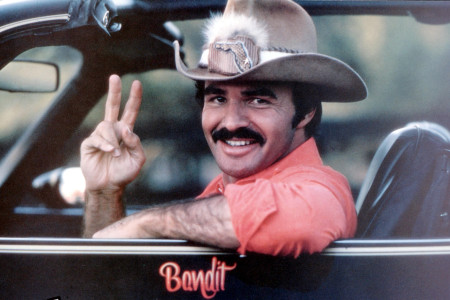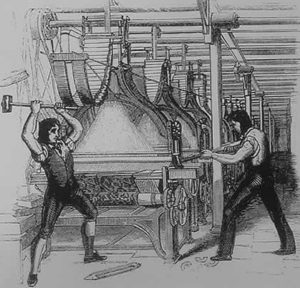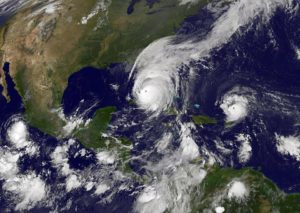When I was younger, I heard many times that I would become more conservative as I aged. That hasn’t happened.
But I don’t know if it’s because I have stuck to my progressive principles, or because conservatism has morphed into a toxic sludge of racism, ignorance, fear, hatred, and crippling insecurity that most rational, well-adjusted people recoil from.
It could be either.
In any case, one of the reasons that I would supposedly turn conservative was because liberals would alienate me by overdoing it with Big Government.
You remember Big Government, right?
That was the term conservatives used to demonize socialized medicine, an adequate social safety net, or any governmental program that got in the way of rich gluttons devouring ungodly amounts of money as fast as they could steal it.

In truth, so-called Big Government is the default setting in every other industrialized nation in the world. But they just call it government, without the unnecessary adjective.
Oh, I know. Those countries are not as “free” as we are, here in the land where small, absolutely miniscule, microscopic government is a cherished goal and unquestioned virtue.
What has never been explained, however, is exactly how the French government oppresses its citizens, or why Australians tolerate their supposedly despotic government, or why the Scandinavian countries have the highest standard of living in the world.
For that matter, it’s never explained why American “freedom” consists of higher rates of illness, homelessness, and people going without health insurance. I guess those are just the side effects of all that liberty.
In any case, the whole debate over Big Government seems laughably quaint today, as the U.S. government has catapulted trillions — literally, trillions — of dollars at American companies in order to keep the economy, in the words of top financial experts, from going all bye bye gone now.
Oddly enough, during times of economic disaster, the answer always seems to be bigger government. Whenever there is a financial crisis, even hardcore conservatives don’t say, “time get all laissez-faire.” No, everybody agrees that we need Big Government to step in, and step in now, or we might face a scenario where industries go under, people lose their jobs, and — in a truly nightmarish development — bank executives don’t get their bonuses.
So if limited, tiny government is so amazing, why is it constantly kicked to the curb whenever the financial system gets a bit wobbly? Why can’t our glorious free market take care of itself? And why are conservatives abandoning “GOP orthodoxy to push for even greater intervention in the economy”?
Maybe it’s because Big Government is not a real thing.
It is a right-wing boogieman that the GOP created to scare voters. It is conservatives, of course, who want to regulate what a woman does with her body, and who you can legally marry. Those ideas certainly don’t envision a limited role for our government.
And in the Trump era, Republicans have created “stunning arguments envisioning almost unchallenged presidential power,” which implies that it is not Big Government if the president — or more specifically, Trump — does it.
These are the same people, of course, who champion “Trump’s America First ideology — which is every bit as Big Government as socialism, but without any pretense of a higher purpose.”
What conservatives mean when they talk about Big Government is a system where workers should be happy to sacrifice their very lives, but where huge corporations that hit a speed bump can receive mountains of taxpayer cash with no strings attached. Those corporations’ leaders, by the way, often pause in their counting of all those billions just long enough to scream about excessive regulation and burdensome taxes and government oppression.
But those days may be numbered. And it’s not just because Covid-19 has overwhelmed and outmatched our supposedly first-class healthcare system (a for-profit patchwork that no other country in the world wants to adopt, by the way).
No, it’s also because this economic crisis — barely a decade after the last financial meltdown — has convinced many skeptics of Big Government that they must “see public services as investments rather than liabilities,” and realize that “governments will have to accept a more active role in the economy.”
You see, our current mode of capitalism has proven itself unable to improve the quality of life for its adherents (other than the top 1 percent). It also can’t withstand the slightest jolt without collapsing and dragging millions of people down with it. Twice in the last 12 years, our theoretically amazing economic system has had to be bailed out by its mortal enemy, Big Government. So maybe Small Government isn’t all that robust.
In the near future, many experts believe that economic redistribution “will again be on the agenda; the privileges of the wealthy in question.” Furthermore, conservatives will be shocked and appalled to learn that “policies until recently considered eccentric, such as basic income and wealth taxes, will have to be in the mix.”
After all, it was just 24 years ago when President Bill Clinton declared that “The era of Big Government is over.” Republicans cheered the president then, something they rarely did during the Clinton years.
But clearly, there was nothing worth cheering that day.













